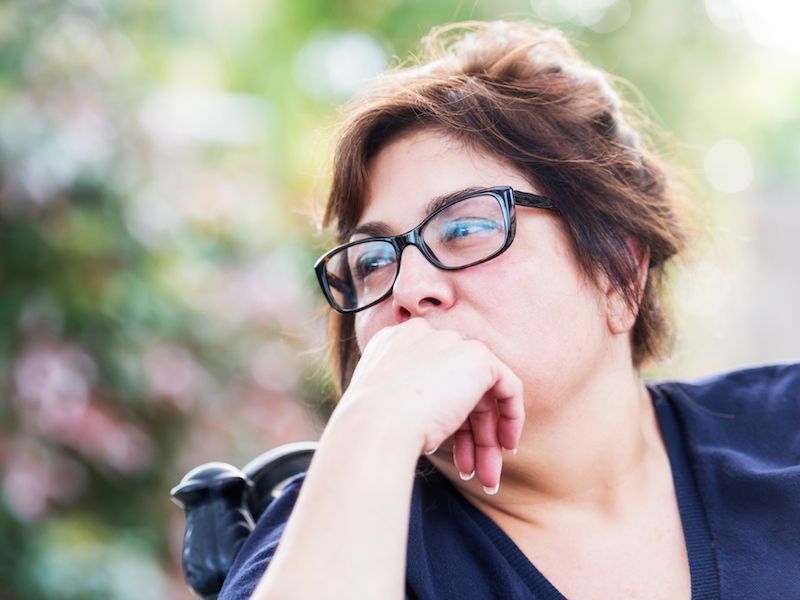
Studies show that you are twice as likely to have hearing loss if you have diabetes, according to the American Diabetes Association. If you are somebody that associates hearing loss with growing old or noise trauma, this might surprise you. In 2010, 1.9 million people were diagnosed with diabetes and almost 500,000 of them were under the age of 44. Evidence shows that 250,000 of those younger people who have the disease likely suffer from some form on hearing loss.
A person’s hearing can be damaged by several diseases besides diabetes. Besides the obvious aspect of aging, what is the connection between these illnesses and hearing loss? Give some thought to some conditions that can lead to loss of hearing.
Diabetes
It is uncertain why people with diabetes have a higher occurrence of hearing loss or even if diabetes is related to hearing loss, but the clinical research does point in that direction. People who have prediabetes, a condition that indicates they might develop type 2 diabetes, tend to lose their hearing 30 percent faster than those with normal blood sugar levels.
While scientists don’t have a conclusive reason as to why this happens, there are some theories. It is feasible that high glucose levels could cause damage to the blood vessels that feed the inner ear. That’s a realistic assumption since diabetes is known to influence circulation.
Meningitis
This infectious disease causes loss of hearing. Meningitis by definition is inflammation of the membranes that cover the spinal cord and brain, normally due to infection. Studies show that 30 percent of people who develop this condition will also lose their hearing, either in part or in full. Among young people in America, this infection is the second leading cause of hearing loss.
The delicate nerves which relay signals to the inner ear are potentially damaged by meningitis. Without these signals, the brain has no means of interpreting sound.
Cardiovascular Disease
Cardiovascular disease is an umbrella name that relates to conditions that affect the heart or blood vessels. This category contains these well-known diseases:
- Peripheral artery disease
- Heart attack
- Atherosclerosis
- Heart failure
- High blood pressure
- Stroke
Commonly, cardiovascular diseases tend to be linked to age-related hearing loss. The inner ear is susceptible to harm. When there is a change in blood flow, it may not get the oxygen and nutrients it needs to thrive, and damage to the inner ear then leads to loss of hearing.
Chronic Kidney Disease
A 2012 study published in The Laryngoscope found that people with this condition also had an increased risk of hearing loss. A separate study found that chance to be as high as 43 percent. However, this connection may be a coincidence. There are lots of the same risk factors with kidney disease and other conditions associated with high blood pressure.
Toxins that build up in the blood due to kidney failure could also be the culprit, theoretically. The connection that the nerves have with the brain could be closed off because of damage to the ear by these toxins.
Dementia
Dementia and hearing loss have a two way effect on each other. A person’s risk of developing Alzheimer’s disease appears to be increased by cognitive impairment. Dementia occurs due to brain atrophy and shrinkage. That process is accelerated by hearing loss.
The flip side of the coin is true, also. Someone who has dementia even though there is normal hearing will show a decline in their hearing as damage to the brain increases.
Mumps
Mumps is a viral infection which can cause children to lose their hearing when they’re very young. The decrease in hearing might be only in one ear or it might impact both ears. The reason that this happens is that the cochlea of the inner ear is damaged by the virus. Messages are sent to the brain by this part of the ear. The positive thing is, due to vaccination mumps are fairly rare at present. Not everyone will suffer from loss of hearing if they get the mumps.
Chronic Ear Infections
For the majority of people, the random ear infection is not very risky because treatment clears it up. For some, though, infection after infection can wear out the tiny pieces that are required for hearing like the eardrum or the small bones in the middle ear. When sound cannot reach the inner ear with enough energy to deliver messages to the brain it’s known as conductive hearing loss. Infections can also lead to a sensorineural hearing loss, which means nerve damage.
Many of the diseases that can lead to hearing loss can be avoided by prevention. Throughout your life protecting your hearing will be possible if you exercise regularly, get the right amount of sleep, and have a healthy diet. You should also get regular hearing exams to make sure your ears stay healthy.
